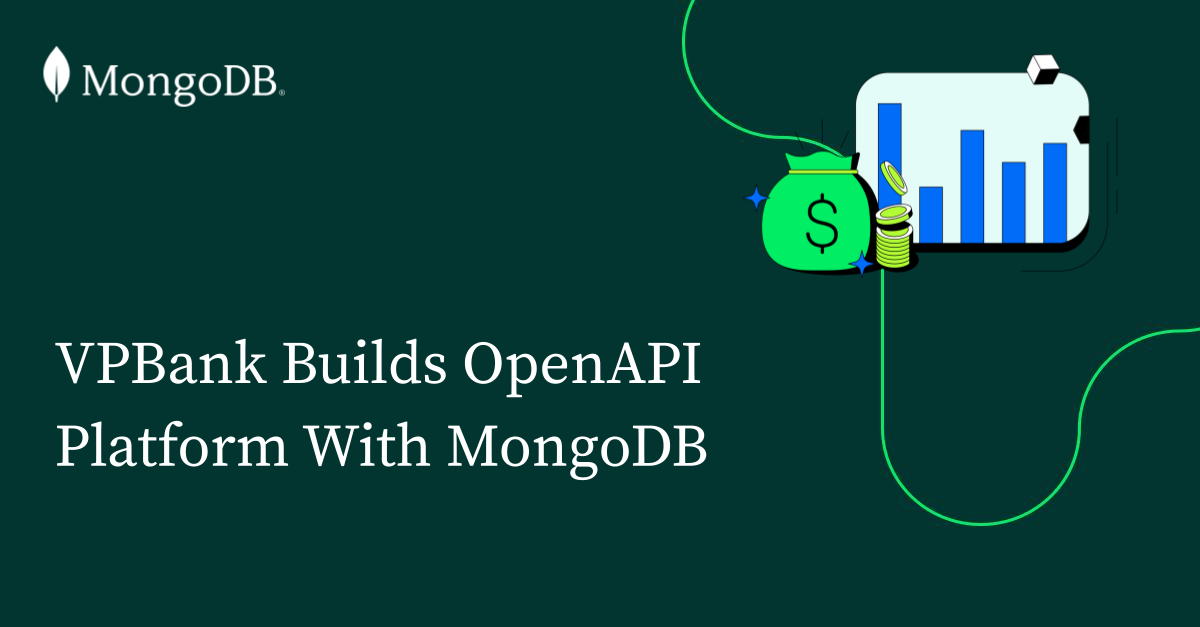PepsiCo's Strategic Move in India's Booming Snack Market

PepsiCo has recently taken significant steps to bolster its presence in India, flying in over two dozen senior executives from its snacks division worldwide. Leading this delegation is the company's chairman, Ramon Laguarta, marking the first time such a large contingent from PepsiCo Snacks has visited India. This high-profile visit comes at a crucial moment as the local snacks market is experiencing explosive growth, fueled by the rise of regional players and direct-to-consumer companies that are increasingly capturing market share from established brands.
The emergence of quick commerce platformsservices that allow consumers to discover and receive products within a mere 10-15 minuteshas transformed the landscape of snack distribution, intensifying competition. PepsiCo's local competitor, Haldiram, is gearing up for expansion following a massive $1 billion investment from private equity investors, significantly enhancing its capabilities in the market.
During this week, the general manager-level executives from PepsiCo will convene in Hyderabad, engaging in meetings and site visits to various plants and markets across the region. A spokesperson for PepsiCo confirmed the visit, stating, PepsiCo conducts meetings for its business executives across markets to facilitate learning and the exchange of best practices. The spokesperson further emphasized, India, with its significant capabilities, including the India capability centre, is a vital market for us.
Last week, PepsiCo, headquartered in New York, reported a 2% growth in its international convenience foods business for the January-March quarter, attributing much of this success to markets including India, Brazil, Egypt, and Turkey. Laguarta pointed out that India is well-positioned for future growth, although the company does not disclose specific financial figures for individual countries.
As previously reported by the Economic Times in December, PepsiCos headquarters has designated India as one of its 13 anchor markets, anticipating these regions will contribute over 85% of its future growth, particularly as the company faces challenges in larger markets, including its home territory. With the beverage sector largely outsourced to Varun Beverages, owned by RJ Corp, PepsiCo's primary focus now shifts to snacks. The company currently operates four manufacturing plants located in Uttar Pradesh, Punjab, Maharashtra, and West Bengal.
Once a dominant player in the snacks category, PepsiCo now faces fierce competition from a variety of regional brands and direct-to-consumer startups. A chief from a regional snacks brand, who wished to remain anonymous, noted, We are leveraging quick commerce platforms to deliver even in remote pin codes, sell at lower prices, and provide higher margins to retailers. Popular competitors in India's vast Rs 47,000-crore snacks market include Haldiram, Bikanerwala, ITC, Parle, Balaji Wafers, and Prataap Snacks, known for its Crax and Yellow Diamond brands.
According to a report issued by the IMARC Group, the domestic snacks market is projected to nearly double, reaching approximately Rs 95,522 crore by 2032. Recent financial data also reveals that PepsiCo recorded a consolidated revenue of Rs 5,954 crore for the nine-month period ending December 31, 2023. Out of this total, Rs 4,763 crore stemmed specifically from its snacks business, which encompasses popular products like Kurkure, Lays, Doritos, and Quaker.
During the earnings call last week, Laguarta expressed cautious optimism regarding the future, citing global uncertainties and the ongoing tariff war. He stated, We expect more volatility, particularly related to global trade developments, and added, Consumer conditions in many markets remain subdued and have an uncertain outlook.


























